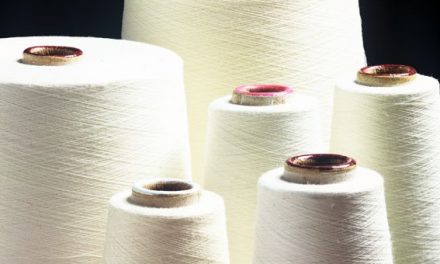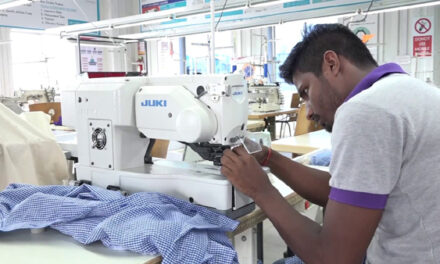
India has imported readymade garments worth $87.4 mn during July-November 2017 from Bangladesh, registering a sharp rise of 56 per cent compared to $55.92 mn during the same period last year, as per the data released by Export Promotion Bureau of Bangladesh.
Category-wise during the five-month period beginning July 1, 2017, Bangladesh’s knitted apparel exports to India stood at $30.1 mn indicating a 69 per cent growth over export of $17.9 mn in the corresponding period of the previous year. Likewise, Bangladesh supplied $57.3 mn worth of woven apparel to India, showing a growth of 51 per cent over $38.1 mn in the same period of 2016.
Confederation of Indian Textile Industry (CITI) Chairman Sanjay K Jain commenting on the increase in imports said that the exemption of the basic custom duty on imports of garments from Bangladesh is the main reason.In the pre-GST Scenario, import of garment from Bangladesh was attracting cost of Rs. 77/pc (where MRP Rs. 999/pc) and Rs. 116/pc (where MRP is Rs. 1500/pc) in the shape of CVD + education cess thereon. However, in the post- GST period, there is no cost for import of garments from Bangladesh, Jain said.
In the case of import of garment from other countries, the cost has been substantially reduced by Rs. 77/pc and Rs. 116/pc where MRP is Rs. 999/pc and Rs. 1,500/pc respectively. Jain said that the Indian garment industry will face stiff competition from imported garments especially from Bangladesh due to the reduction in cost of import, as Bangladesh can import fabric from China duty free and convert them into garments and sell to India duty free and also the production cost in Bangladesh is already less than India. While, Garment manufacturers in India have to pay duty on imported fabrics.
This is putting Indian garment industry at a major disadvantage and it is feared that this figure will go up further in the coming days as more Indian brands shift sourcing from India to low cost duty free countries like Bangladesh and Sri Lanka, Jain said. Jain also pointed out that there is an urgent need to impose safeguard measures such as Rules of Origin, Yarn Forward and Fabric Forward Rules on countries like Bangladesh and Sri Lanka that have free trade agreements (FTAs) with India to prevent cheaper fabrics produced from countries like China routed through these countries.


















